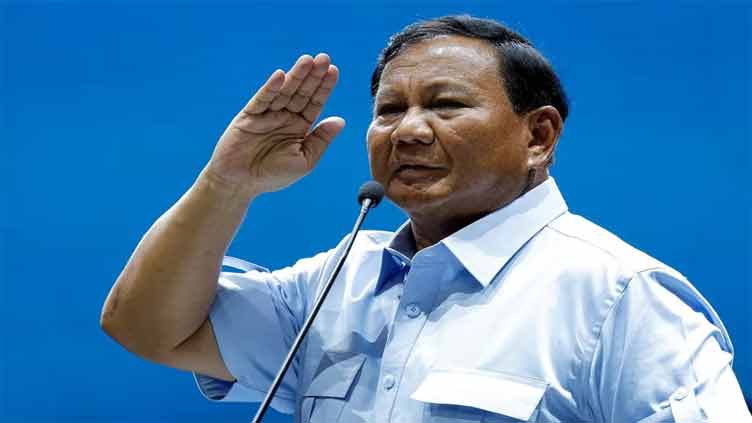Indonesia's Prabowo has made no decision on energy subsidies, says aide

Business
Once the result is officially confirmed, the new government will take office in October
JAKARTA (Reuters) - Indonesia's Prabowo Subianto has made no decision on adjusting energy subsidies, a senior member of his team said on Friday, after media reported the likely new president would target subsidies as his first move upon assuming office in October.
Prabowo has been advised to review costly fuel subsidies, which reached 500 trillion rupiah ($32 billion) last year, to ensure only the poor would benefit, but it was unclear if the defence minister would take the suggestion, the vice-chair of his campaign team Eddy Soeparno told Reuters.
"I cannot say (Prabowo) has agreed, but the advice from a team of experts is for him to make the state budget more efficient," Eddy told Reuters.
Prabowo declared victory after unofficial "quick counts" by independent pollsters - which have proven to be accurate in past elections - showed the former special forces commander clinching about 58% of votes in Wednesday's presidential election.
Once the result is officially confirmed, the new government will take office in October.
Indonesia currently subsidises certain types of fuel and electricity tariffs, a policy that has kept inflation low but has exposed state coffers to swings in global oil prices.
Prabowo's campaign promises and comments on taking on more public debt have sparked concerns among rating agencies and economists about the country's track record of fiscal discipline.
"We believe medium-term fiscal risks have risen, given some of Prabowo's costly campaign pledges, including a free lunch programme amounting to around 2% of GDP, and his statements that Indonesia could sustain a significantly higher government debt/GDP ratio," said Thomas Rookmaaker, head of Asia-Pacific sovereigns at Fitch Ratings.
Prabowo's signature free school lunch and milk could cost the government 450 trillion rupiah per year, his team has estimated.
The likely new president has also pledged to continue outgoing President Joko Widodo's key legacy project of moving the capital to a still under-construction city named Nusantara in the jungles of Borneo, which is expected to cost $32 billion in total.
Concerns about Prabowo's fiscal management have fuelled speculation in the financial markets about who he would pick as his finance minister to fill the shoes of highly-regarded incumbent Sri Mulyani Indrawati.
"Going forward, as the administration aims for high growth, the possibility of the new finance minister being someone advocating for aggressive expansion of the fiscal policy cannot be ruled out," said Ryota Abe, an economist with Sumitomo Mitsui Banking Corporation.


